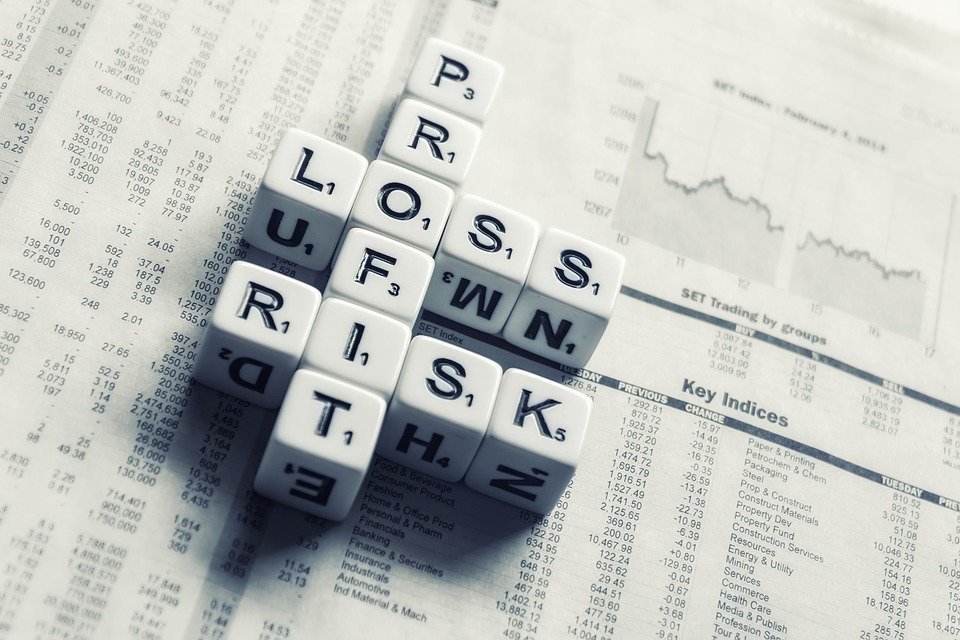Forex requires a special combination of skills and traits. Everyone wants to see their bank account puff up. However, profit does not come to everyone. If you feel dissatisfied with your results, work on your strategy and trading psychology. Forex is an art based on the laser-focused analysis.
The majority of traders fail, and progress is hindered by various factors. Some people do not put sufficient effort. Others get set in their ways and stop learning. Digression from one’s plan leads to the same pitiful outcome. Overall, there are many recipes for loss. So, what can be done to improve performance?
1. Never Stop Learning
Education is the first prerequisite for success. Trading on a hunch will get you nowhere. Every decision must be grounded in logic and analysis. Get familiar with the drivers of your instrument. Currencies may gain or lose value due to changes in interest rates, GDP, trade deficits, employment, etc. Learn what sets the market in motion.
Given the abundance of educational resources, ignorance is simply shameful. Today, a simple search query reveals countless articles, books, podcasts, tutorials, and webinars on the subject. Even YouTube has dozens of channels dedicated to Forex and other markets. Some of these are run by acclaimed professionals with impressive careers.
In Forex, knowledge is your main weapon. However, it must be complemented by practical skills. This makes demo trading absolutely pivotal. You need to know how to open, manage, and close trades with manageable risks. Simulators allow you to try different strategies to see what suits you.
You can also find detailed video tutorials, online classes, webinars, etc. it may be possible to access them through your broker. Always check the background story of your coach. Today, the Internet allows amateurs to pose as respectable experts.
2. Work on Emotional Control
Your profile may be tarnished by your lack of self-control. Traders never trade when sad or overly excited. Emotions cloud human judgment, causing irrational behaviour and disappointing outcomes.
3. Stop Trading Too Much
Sometimes, less is more. Trading too much is a common mistake. Novices stray away from their plans and end up making a loss. But how can you understand that you are actually over trading? This is a tricky question.
Basically, overtrading means that you open positions which contradict your plan. Besides, if you do not know whether you make this mistake, you probably do. Day traders are especially likely to get overly zealous.
So, how to suppress the urge to trade more than you should? Of course, you should always have a plan. It is easy to open positions on the spur of the moment. With a roadmap to consult, this is more difficult.
Secondly, remember that a few successful trades get you further than frequent failures. It is advisable to avoid trading correlated pairs, such as EUR/USD and GBP/USD, simultaneously. This ramps up the risk.
4. Dial-down Your Risk
Trading is always risky, as turnaround as always possible. Leverage makes the inherent risks even bigger. Steer clear of it unless you have a wealth of experience. Trusted brokers like ForexTime provide leverage for Forex trading accounts in India. Still, it requires extreme caution. Leverage is not for novices, plain and simple.
Fortunately, there is more than one way to protect what you have. First, be disciplined, not erratic. Wait for fundamental and technical signals to point in the same direction.
If you rely on indicators alone, you need at least two of them to converge. For example, never trade on volume alone. At the very least, make sure that price action backs your assumption.
Generally, you should open long positions and a bullish market, and short sell in a bearish one. Go along with the general market sentiment. Neutrality is possible in both scenarios.
5. Calculate Position Size
Knowing when to open a position is not enough. You should also calculate its size properly. Do not initiate big volume trades based on the feeling that the market is bullish. There is a special formula to adhere to, and it must be followed no matter what.
Many experts will tell you never to risk more than 1-2% of your capital at once. For example, if there is $10,000 in your account, you may risk up to $100 per trade. It is always better to be safe than sorry. Instead of 10 trades with 10% risk, opt for 100 safer ones.
Becoming a Better Trader
Forex traders need to make cold and calculated decisions. Gut feeling alone will get you nowhere. Set your emotions aside and focus on the process. Of course, it is easier said than done. Still, it is the only way to avoid strings of devastating losses.

